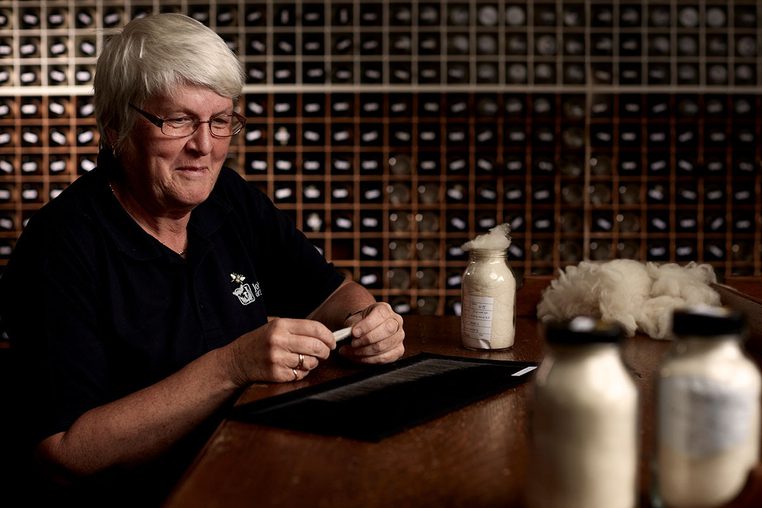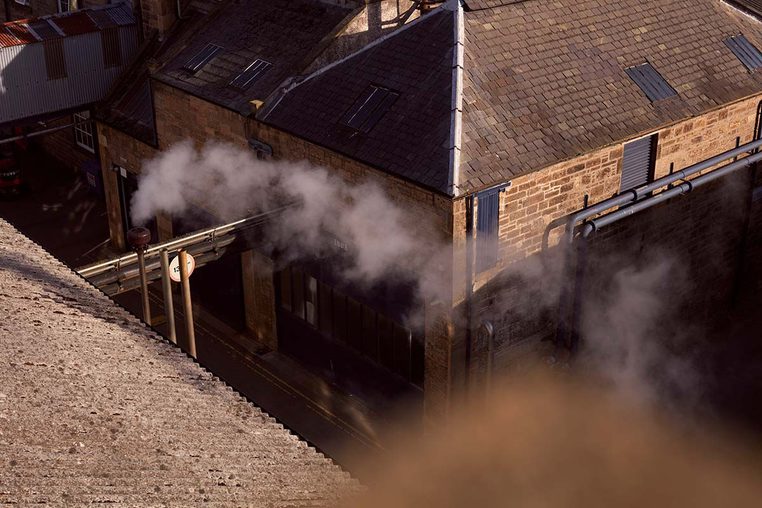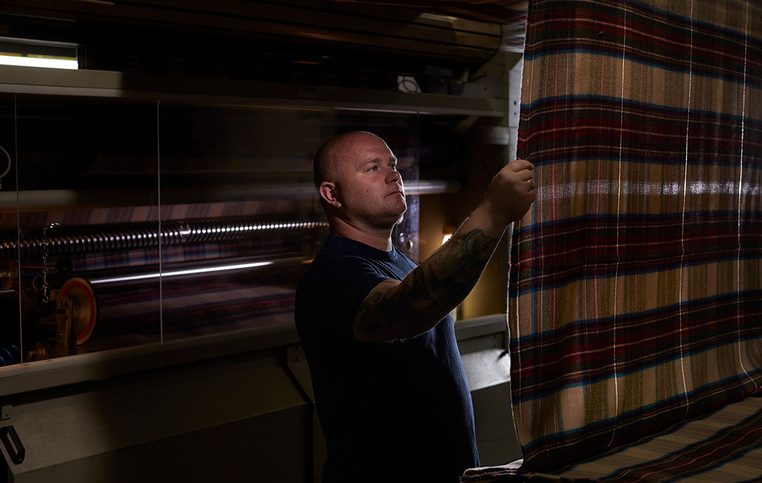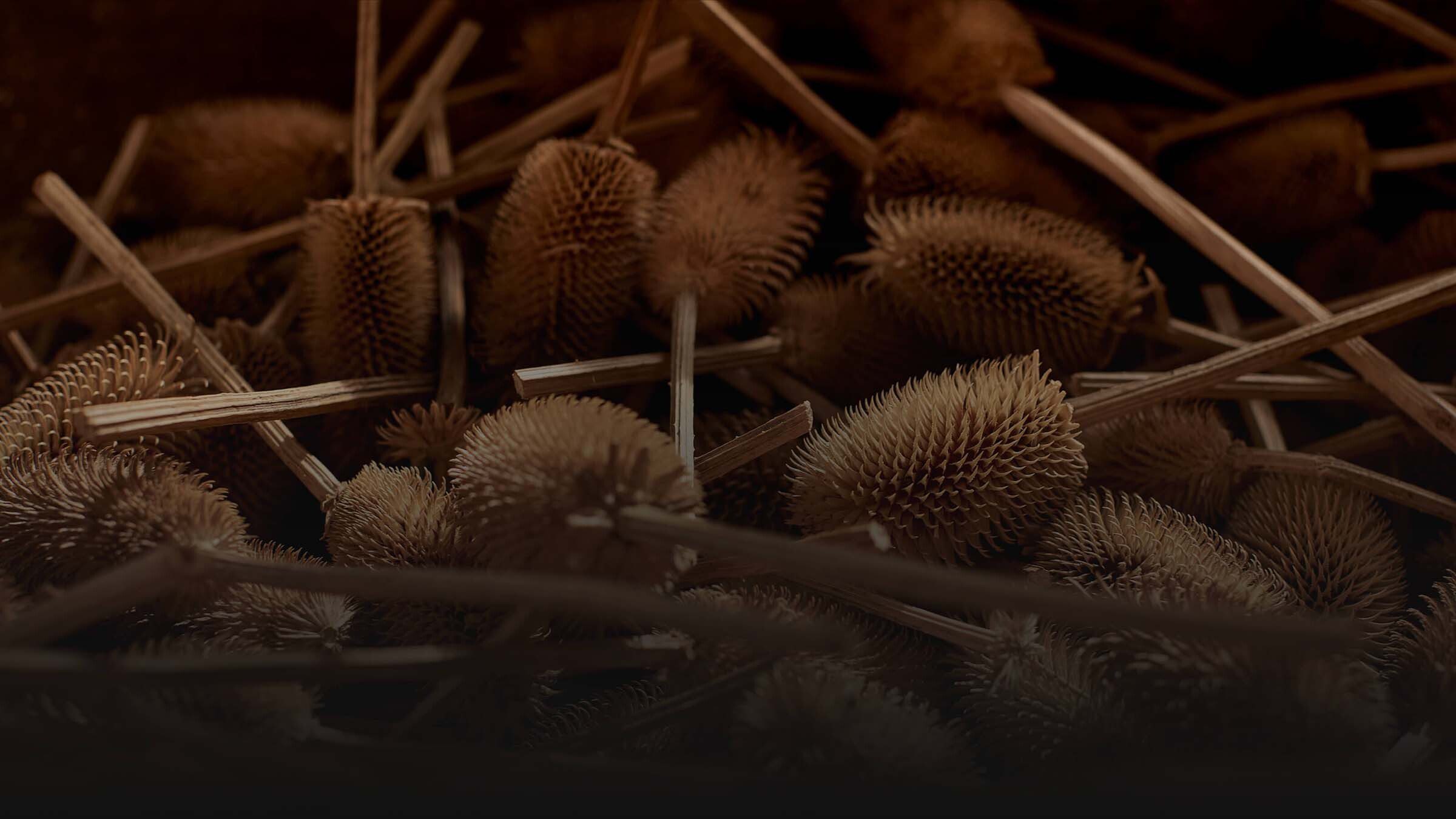
Welcome to the
World of Johnstons of Elgin
We have worked with the world's finest natural, biodegradable fibres for more than 226 years. It takes time to create our luxurious, high-quality designs, and our products are made to last for more than a lifetime. We are committed to continually improving our sustainability and reducing our environmental footprint.
Over two centuries of experience have taught us to be gentle with our exquisite Cashmere and Merino Wool fibres. Our Elgin and Hawick mills are still family-owned, with Elgin one of the last remaining vertical mills in Scotland, meaning we dye, spin, weave and finish everything on site. We marry delicate care and our soft Scottish water with innovative technology, outstanding design and unrivalled craftsmanship, to deliver products we are incredibly proud of – all Made in Scotland.
Our Story
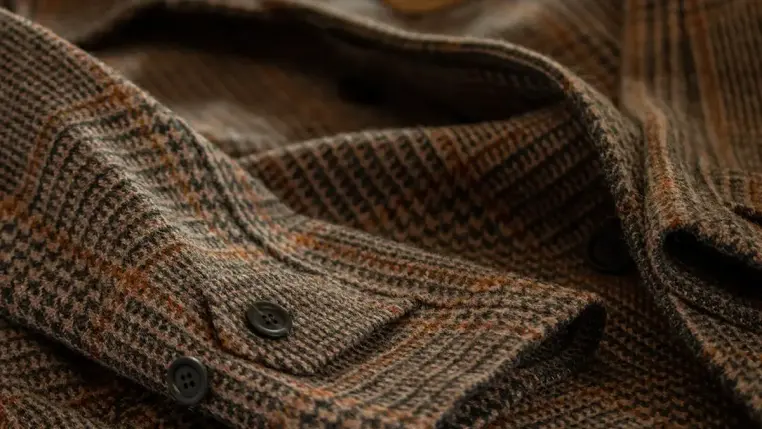
03 Apr 2025
International Tweed Day 2025
Royal recognition. As we celebrate International Tweed Day 2025, we reflect on one of the most iconic Estate Tweed patterns, the Glenurquhart, and its enduring connection to the Balmacaan and Johnstons of Elgin.

13 Feb 2025
Announcing our Royal Warrant
We are incredibly proud to announce that we have been granted a Royal Warrant of Appointment to His Majesty The King as Manufacturers of Estate Tweeds, Knitwear, and Woven Accessories. This prestigious honour reflects our enduring commitment to craftsmanship, quality, and sustainability.
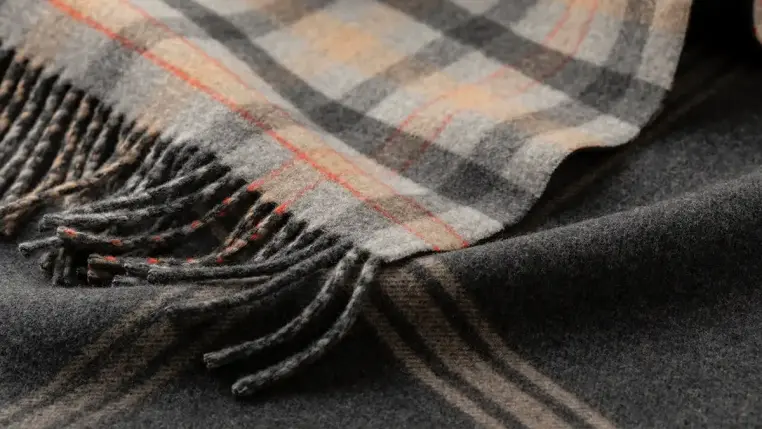
05 Dec 2024
A Tribute to Our Founder
To mark the 250th Anniversary of our founder, Alexander Johnston (31 December 1774 – 16 March 1864), we’ve created a covetable limited edition blanket. Referencing designs from one of the oldest pattern books in our Archive.

25 Nov 2024
Oliver Spendley | Sculptor
As we prepared to open doors to our new Burlington Arcade Boutique earlier this month, we sought out the skillset of local Scottish craftspeople to help make the ‘House’ a home. Amongst the talent was sculptor, Oliver Spendley. Based in the Highlands, Oliver spends his days perfecting his craft in creating Totem-style furniture and sculptures using natural, sustainably sourced materials. We chat more about the project he created for our new store and the inspiration behind it, whilst learning more about his venture.

29 Oct 2024
Celebrating 175 Years of Vicuña
Once reserved for royalty, soft honey-toned vicuña boasts a rich history. As we celebrate 175 years of working with this exceptional fibre, we look at what makes it so special.

23 Oct 2024
Johnstons of Elgin: Raven in the Wild
If I won the lottery I wouldn’t tell anyone, but there would be signs. I’d quietly flourish, getting somehow hotter and somehow taller more generally remarkable. As a passive observer, it would be hard to put your finger on what had changed. But I’d be more rebellious and more playful, more dangerous but also more alluring (all this just means more sexy).

